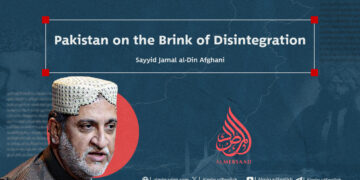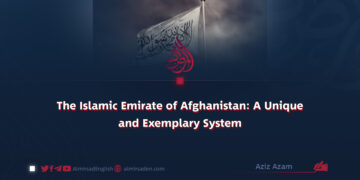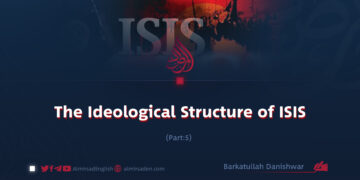Baryal Fateh
In the political framework of Islam, the principle of enjoining good and forbidding evil is a cornerstone. Consequently, an Islamic government bears the responsibility to implement this principle with the utmost excellence.
A few days ago, the relevant ministry established a law to organize and improve its affairs, which was later published after being approved by the Islamic Emirate’s supreme leader (may Allah preserve him).
The general populace has expressed satisfaction with the implementation of this law, as it ensures that no one will act with impunity, individual rights will remain intact, and responsibilities will be entrusted to those who are both legally and religiously competent.
However, the malicious and corrupt individuals from the previous Kabul government objected to this law, questioning why such a law was enforced. Their objective is clear—they do not want Islamic commands to be re-established in the Afghan religious society.
These individuals harbor a deep-seated fear of Islam and its tenets, as its enforcement curtails their reckless behavior and unrestrained freedom. Consequently, they see the elimination of Islamic rulings as being in their best interest, having already embraced materialism and irreligion to an extreme degree. Within their ranks, the individual who is the most treacherous, subservient, and aligned with foreign interests is deemed most fit to govern.
Therefore, these people will not only oppose this law but will also resist any action that strengthens and promotes Islam and religious symbols. They want to distance the scholars from governance so that religious commands can be eliminated from society. Because when scholars are no longer present, societal values and priorities will change in a very short time.
Our society is deeply rooted in religion, where every individual aspires to see Shariah fully implemented. Those who stand in opposition to this will face just retribution from the government.


















































